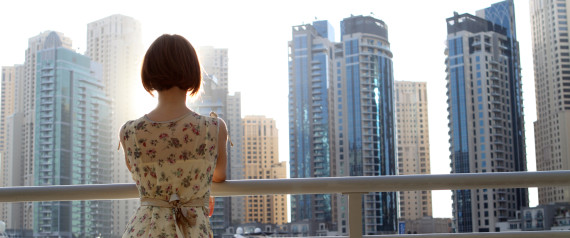Huffington Post - Updated 9/24/13, Jena Pincott

It May Make Biological Clocks Tick A Little Faster
City birds have faster reproductive clocks than country birds, found a recent study at the Max Planck Institutes. And the culprit is something that may affect us all: light pollution. Light that was just one-thirtieth the intensity of a streetlamp made songbirds breed earlier and grow bigger gonads. Even a tiny amount of light can suppress sleep-time levels of melatonin -- a well-known antioxidant, explains lead researcher Davide Dominoni. Reduce melatonin levels in our bodies, and free-radicals likely increase -- which age us faster." There's also a possibility that nighttime light affects the "baby clock" because melatonin keeps sex hormones in check, regulates the ovaries and prevents eggs from maturing too quickly. Science has already proven that room lights and LED screens reduce melatonin and throw our bodies off-sync -- potentially leading to cancer, obesity and infertility, among other health problems. But exactly how "aging" is the gentle urban glow that seeps through your blinds? Research is ongoing; in the meantime, sleep shades are looking sexier.
It Programs You To Bloom In Any Green Oasis
Finally, a breath of fresh air. A 25-minute walk in a city park is all it takes to recover from urban attention fatigue, found Scottish scientists. No surprise that any bit of nature is restorative, but now scientists have proved it by asking volunteers to wear newfangled portable electroencephalograms to measure brain waves. When urbanites strolled into leafy green plazas and parks, their thoughts become expansive, attentive and meditative. More like, well, country folk. A half-mile later, the walkers felt restored; their brain-wave patterns were relaxed. They were ready to return to the city, which, as the writer Nelson Algren put it, "forges out of steel and blood-red neon its own peculiar wilderness."
More: HuffingtonPost.com

